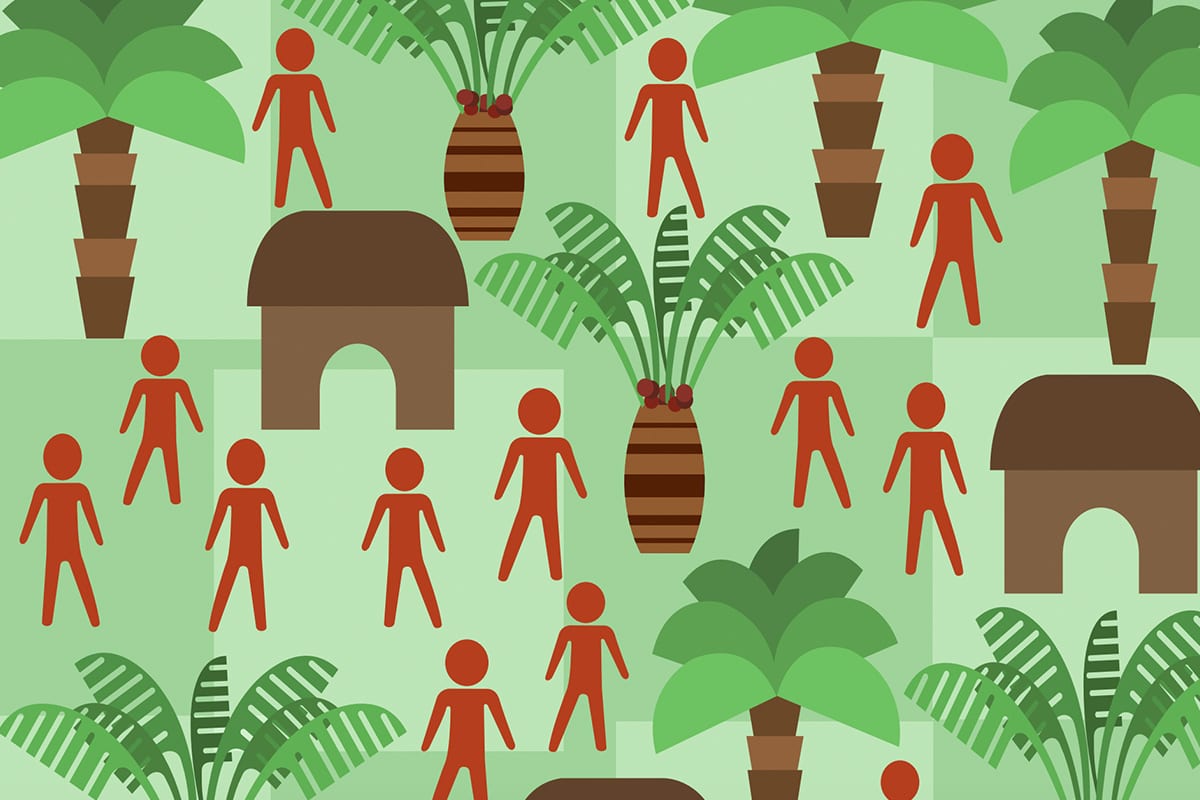In Africa, Protecting Community Lands Is Good for People, Peace and Profit
By Anne-Marie Schryer-Roy, February 22, 2017

Most—if not all—of us value where we live, whether that’s a house in suburban America, an apartment in Lagos, Nigeria, a farmhouse in Senegal, or a shack in Kibera, Kenya’s largest slum. It should come as no surprise then that if you kick someone off their land, they’ll fight back.
Yet all too often companies, investors and governments make this mistake. When planning new large-scale projects like oil palm plantations, mines, or even wind farms, they fail to take the concerns of Indigenous Peoples and local communities into account.
At an event in Dakar, Senegal, earlier this month, new research from the Rights and Resources Initiative and TMP Systems found that nearly two-thirds of disputes over land in Africa were caused by displacement of local peoples. Many investors view Africa as the last frontier for cheap land, thinking that there are wide tracts of empty land “up for grabs.” In reality, though, according to the research, an average of one million people live within a 50-kilometer radius of disputed projects.
The good news is that companies and investors are starting to take stock of these realities— and with good reason. The research by TMP Systems showed that delays in operations and losses to investors were present in more than 69% of the African conflicts they examined.
Alongside governments, these private actors are also realizing that recognizing the land rights of Indigenous Peoples and local communities brings benefits that go beyond their bottom line, including ensuring peace and prosperity and mitigating the impacts of climate change.
The next 12 months will be critical for many countries—including Senegal, Kenya, and Liberia—who are at various stages of adopting new land acts while also going through electoral processes. Let’s hope that as they do so, they keep this ancient proverb in mind:
Treat the earth well: it was not given to you by your parents, it was loaned to you by your children.
Want to find out more about conflicts over land rights Africa? Check out these articles by the Thomson Reuters Foundation and Deutsche Welle.
